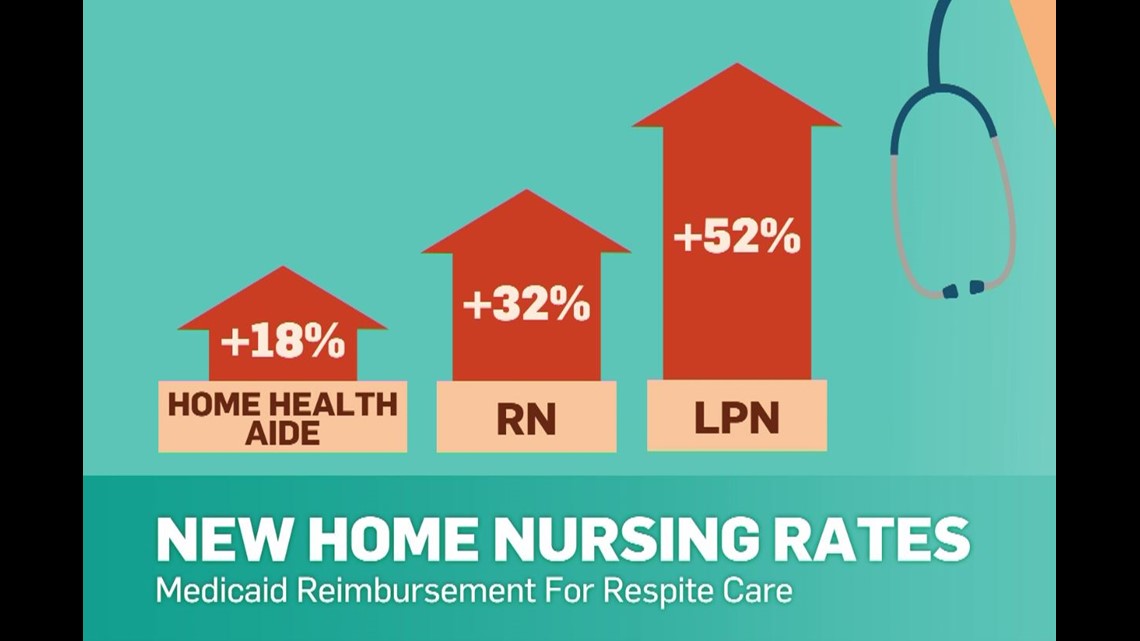Expense Clinton campaigned for president on a platform that included health care reform in 1992. Comparable propositions had been made earlier, as universal healthcare was likewise part of the platform of Jesse Jackson's failed 1988 governmental bid. Soon upon getting here in office, Clinton developed the Task Force on National Health Care Reform with his other half Hillary Rodham Clinton acting as its chair.
The costs met opposition from policymakers, insurer, and doctor groups, and did not pass. The failure of Clinton's efforts led many authorities to see healthcare reform as a concern too complex and too contentious to run the risk of losing any political impact over (how to take care of your mental health). In contrast to the Health Security Act, Agent Jim McDermott (D-WA) introduced the likewise called American Health Security Act in 1993, which would have developed a single-payer system - which of the following are characteristics of the medical care determinants of health?.
In the early twenty-first century, state and federal authorities showed restored interest in broadening health care protection. In 2003 Agent John Conyers Jr. (D-MI) first introduced the United States National Health Insurance Act, which called for a single-payer healthcare system, but the bill received neither a debate nor a vote on the Home flooring.
While the federal government took little action towards accomplishing universal healthcare, state legislators experienced success at broadening health coverage in Massachusetts in 2006. The Massachusetts system mandated that every person acquire medical insurance or pay fines. The system is in some cases called "Romneycare" in reference to Mitt Romney, who served as governor throughout its implementation.
What Does When It Comes To Health Care Do?
Experts have associated the success of the Massachusetts system to federal government subsidies, which allowed more individuals to acquire insurance coverage, and to the program's insurance coverage mandate, which appealed to insurer due to the fact that they obtained more clients. In turn, having more individuals add to the fund drove prices down. In 2008 Barack Obama campaigned on health care reform in his quote for president, drawing heavily on the Massachusetts design.
The efforts of his administration resulted in the passage of the Client Defense and Affordable Care Act (ACA), likewise referred to as "Obamacare," in 2010. According to the Centers for Illness Control and Avoidance, the percentage of Americans who did not have health insurance coverage dropped from 16 percent in 2010 before the law entered into impact to 8.6 percent in the final months of Obama's presidency.
Additionally, some critics considered the overhaul of the health care system inadequate, contending that a single-payer system would much better serve the population. Vermont senator Bernie Sanders, whose 2016 presidential bid emphasized health care reform, introduced the Medicare for All Act of 2017, a proposition to broaden federal government health protection to all people and homeowners.
Among the bill's cosponsors, Senators Cory Booker (D-NJ), Kamala Harris (D-CA), Kirsten Gillibrand (D-NY), Elizabeth Warren (D-MA), and Sanders himself all signed up with the field of competitors for the Democratic Party's 2020 presidential nomination. In July 2018 more than seventy Democratic members of your house of Representatives formed the Medicare for All Caucus to sponsor briefings on healthcare reform.
Little Known Questions About What Is A Durable Power Of Attorney For Health Care.

As assistance for a single-payer system has grown among progressive factions within the Democratic Celebration, some critics, consisting of fellow Democrats, have argued that a health care system without a role for private insurance coverage might result in a decline in quality of service. A regularly pointed out research study carried out by researchers at Harvard Medical School and Cambridge Health Alliance in 2009 identified that almost 45,000 Americans die each year due to issues connected to their lack of health insurance.
By guaranteeing that people and citizens have access to cost effective medical services, universal health care can enhance general public health by treating the ill, promoting preventative care, and supplying standard care to all patients. Critics caution, nevertheless, that universal healthcare could lead to decreased quality of care and long haul times.
In 2018 the decision of England's National Health Service to withdraw life assistance from toddler Alfie Evans against the parents' wishes sparked a global dispute over how decisions are made in a single-payer system. In response to issues over rationing, some medical professionals and economic experts assert that allocating exists in all healthcare systems since resources are constantly limited.
Disparities in medical treatment throughout the United States also recommend that access to medical services can be reliant on where clients live and where they are used as well as group aspects such as race, gender, and ethnic background. Some health care professionals have argued that the Medicare system in the United States can be defined as a specific type of health care rationing since the program just supplies protection to individuals ages 65 or older, individuals with particular specials needs, and people with End-Stage Kidney Illness.
The Only Guide for How To Get Free Health Care
Many critics of universal healthcare point out the prospective costs of execution as the main factor for their opposition. Some critics of universal healthcare have actually voiced concern that a single-payer system would result in individuals looking for unnecessary treatments which the overuse of services would drive total expenses up.

In 2018 scientists at the Mercatus Center at George Mason University carried out a study to determine the cost of implementing the Medicare for All Act of 2017. Opponents of single-payer healthcare at first celebrated the outcomes, which showed Sanders's plan would cost $32.6 trillion over 10 years. However, Sanders responded by keeping in mind that report's total indicated savings of $2 trillion compared to spending forecasts without executing reforms.
A 2003 study in the New England Journal of Medication discovered that 31 percent of US health spending approached unneeded administrative costs. Decreasing these expenses might permit limited resources to be utilized more successfully. The Mercatus Center report cautions, however, that federal government programs tend to accrue substantial administrative expenses which government-run health care might likely sustain comparable expenses, making forecasted savings unpredictable.
WASHINGTON (AP) The Most Recent on the midterm elections (perpetuity local):7 p.m. Republican U.S. Rep. Steve Knight has yielded the last GOP-held Home seat anchored in Los Angeles County. Democrat Katie Hill holds a 2-point lead, and Knight stated Wednesday that the voters have spoken. Countless ballots stay to be counted, and The Associated Press has not called the race (what is a single payer health care pros and cons?).
What Does Which Type Of Health Insurance Plan Is Not Considered A Managed Care Plan? Mean?
hopscotched throughout the post-Civil War South, invading the makeshift camps where lots of thousands of freshly freed African-Americans had actually taken haven however leaving surrounding white neighborhoods relatively untouched. This pattern of condition was no secret: In the late 1860s, physicians had yet to https://what-does-ptsd-mean.mental-health-hub.com/ find viruses, but they knew that poor nutrition made people more vulnerable to health problem which poor sanitation added to the spread of disease.
Smallpox was not the only health disparity dealing with the recently emancipated, who at the close of the Civil War dealt with a significantly greater mortality rate than that of whites. Despite their immediate pleas for support, white leaders were deeply ambivalent about intervening. They stressed over black upsurges spilling into their own communities and wanted the previously enslaved to be healthy sufficient to return to plantation work.
Congress established the medical division of the Freedmen's Bureau the nation's first federal health care program to address the health crisis, but officials deployed just 120 approximately physicians throughout the war-torn South, then ignored those physicians' pleas for workers and equipment. They erected more than 40 health centers however too soon shuttered the majority of them.